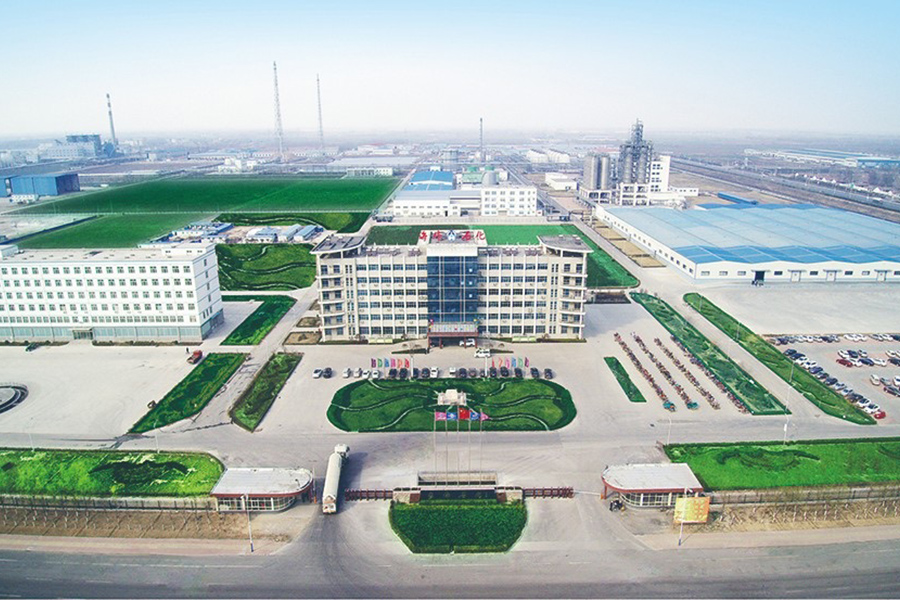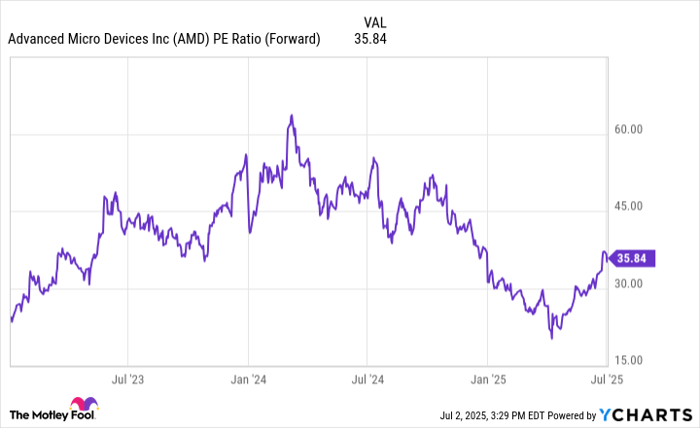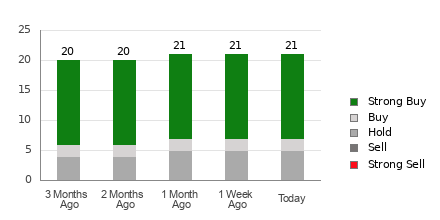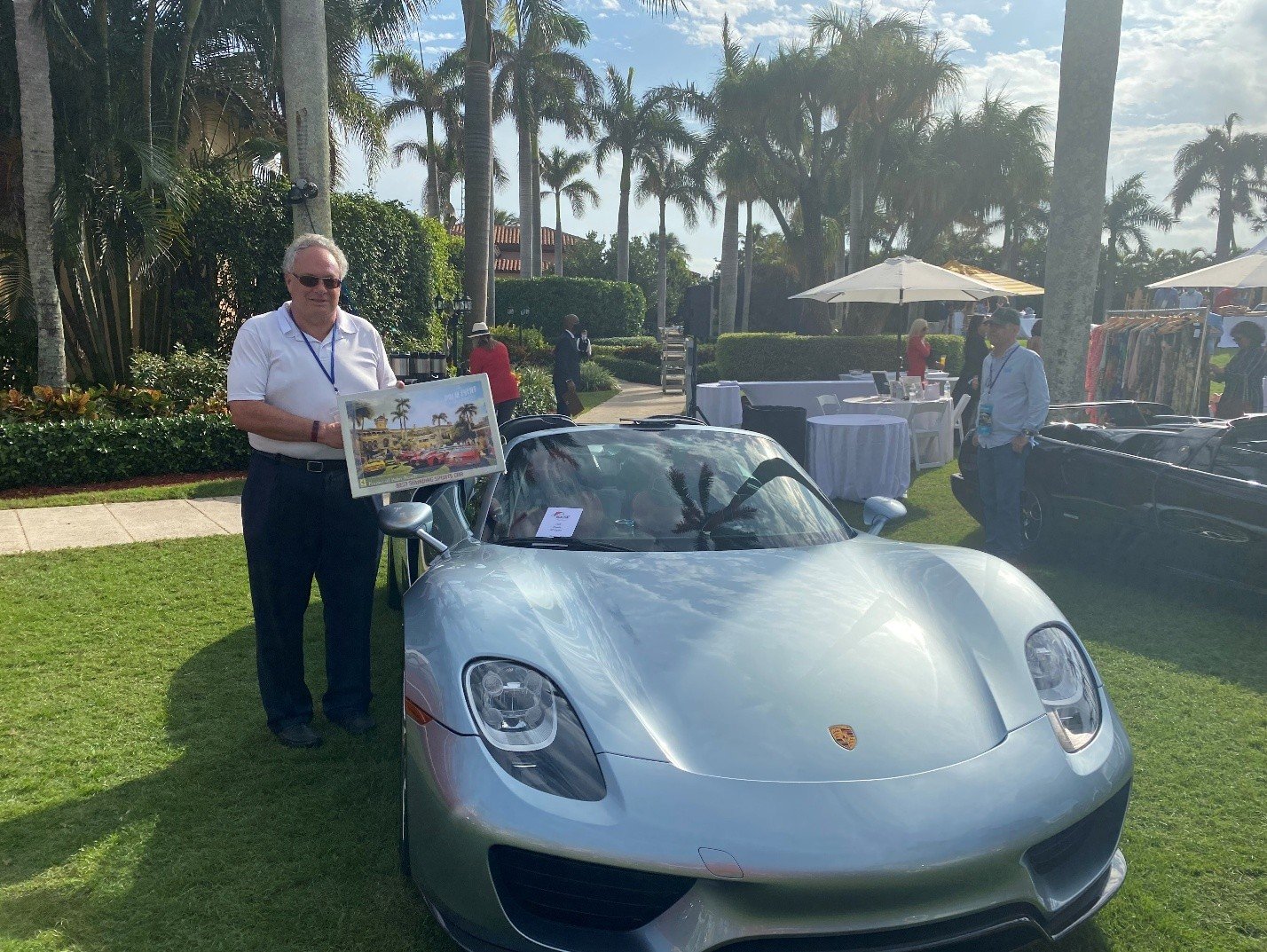Haiwei Secures BYD Backing Amid Concerns Over Gross Margins
The capacitor film manufacturer attracted China’s leading electric vehicle maker with its technological edge, but its declining gross margin raises concerns.
Key Takeaways:
- Haiwei has filed for a Hong Kong IPO and partnered with electric vehicle leader BYD as both an investor and its top client in 2023.
- The capacitor film manufacturer’s gross margin decreased from 44.9% in 2022 to 32.4% in the first three quarters of 2024.
Hengshui, located in North China’s Hebei province, is well-known for Hengshui High School, famed for its military-like discipline. This same drive may have influenced Hebei Haiwei Electronic New Material Technology Co. Ltd., recognized as China’s top supplier of capacitor film, crucial for regulating power in electric vehicles (EVs) and various other applications.
With over 300 million yuan ($41 million) in annual revenue, Haiwei is now aiming for a higher profile through its recent application to list in Hong Kong. The application underscores its status as a supplier to leading EV manufacturer BYD (1211.HK; 002594.SZ).
The key product of Haiwei is capacitor base film, a dielectric material made from polymers. This film is critical for electric insulation and energy storage. Notably, it constitutes roughly 40% of the total production cost for film capacitors, which are extensively used in new energy vehicles, industrial tools, and household appliances.
Although China’s capacitor film market is relatively small, competition is intense. According to Haiwei’s application documents, the five leading firms, including Haiwei, command nearly 60% of the market, with further consolidation anticipated. In 2023, Haiwei emerged as the largest producer by sales, holding a 13.6% market share.
Decades of Development
Founded in 1992 by entrepreneur Song Junqing, Haiwei started as Heibei Haiwei Transportation Facilities Group. Initially focusing on seamless paving technology, it later expanded into areas including packaging films and polypropylene before concentrating on capacitor film production in 2006.
Hebei Haiwei’s capacitor film manufacturing gained prominence with the mass production of ultra-thin capacitor films thinner than 3 micrometers, marking the company’s milestone in reducing reliance on foreign technologies.
Haiwei’s capacitor film offerings include capacitor base film and metallized film. The base film, used for insulation layers in capacitors, is its primary revenue source. Revenue from capacitor base film comprised 91.9% of total revenue in 2022, dropped to 71.8% in 2023, and improved to 76.3% in the first nine months of the following year.
Meanwhile, metallized films, produced by coating metal onto base films, primarily come from Anhui Ningguo Haiwei Electronics, acquired by Haiwei in 2022.
Unique among its competitors, Haiwei possesses proprietary capabilities for designing and developing its own production lines. This advantage enables the company to reduce its average production cycle to just eight months, significantly shorter than the industry standard of three to five years. Furthermore, its average cost for new production lines stands at around 120 million yuan, well below industry averages.
Haiwei’s business has shown gradual but steady growth alongside advancements in new energy technologies. Revenue slightly increased from 327 million yuan in 2022 to 330 million yuan in 2023, while profits fell from 102 million yuan to 70 million yuan over the same period. The company experienced stronger growth last year, achieving 282 million yuan in revenue during the first nine months of 2024, a 30% rise from 218 million yuan the previous year. Profits for this period also saw a year-on-year increase of 21%, rising to 57 million yuan.
Strengthening Ties with BYD
A significant factor for Haiwei is its relationship with BYD, which recognized the company’s technological prowess. In 2023, Haiwei received investments through three financing rounds, with BYD joining as a key investor, alongside other backers like Sungrow Power Supply (300274.SZ). That same year, BYD emerged as Haiwei’s largest client, a position it maintains today.
Specifically, Shenzhen BYD Supply Chain Management Co. contributed 40 million yuan to Haiwei’s sales in 2023, representing 12.2% of its revenue. This contribution decreased slightly to 11.9% in the first three quarters of 2024, but BYD retains its status as the top client.
Despite this advantageous relationship, Haiwei’s profits saw a significant drop, decreasing by 31.5% year-on-year in 2023. More troubling is the declining trend in its gross margin, which fell from 44.9% in 2022 to 31.2% in 2023, and slightly rebounded to 32.4% in the first three quarters of the following year.
This margin decrease is attributed to falling prices for capacitor base film and lower gross margins on metallized films. Additionally, retrofitting older production lines between March 2023 and June 2024 hampered output, further squeezing margins.
Nevertheless, it’s essential to note that China’s capacitor market is projected to grow significantly, with expectations to rise from 2.9 billion yuan in 2023 to 7.9 billion yuan by 2029, reflecting a robust 17.8% annual growth, according to Haiwei’s listing documents. This expanding market is anticipated to provide substantial support for Haiwei as it continues its own growth journey.
The company’s success will largely depend on its ability to leverage its early-mover advantage and enhance economies of scale through growth. To this end, Haiwei plans to increase production capacity significantly, adding four new capacitor base film production lines with an additional 16,000 tons of capacity by 2027, which would more than double its existing capacity of 14,967 tons in 2024.
Although decreasing margins may create uncertainty regarding its market evaluation heading into the Hong Kong listing, the stock’s potential appeal will ultimately rely on Haiwei’s technological strengths and expansion strategies. The firm will need to demonstrate it can capitalize on its scale to outperform competitors and protect its margins amid intense industry competition.
© 2025 Benzinga.com. Benzinga does not provide investment advice. All rights reserved.









